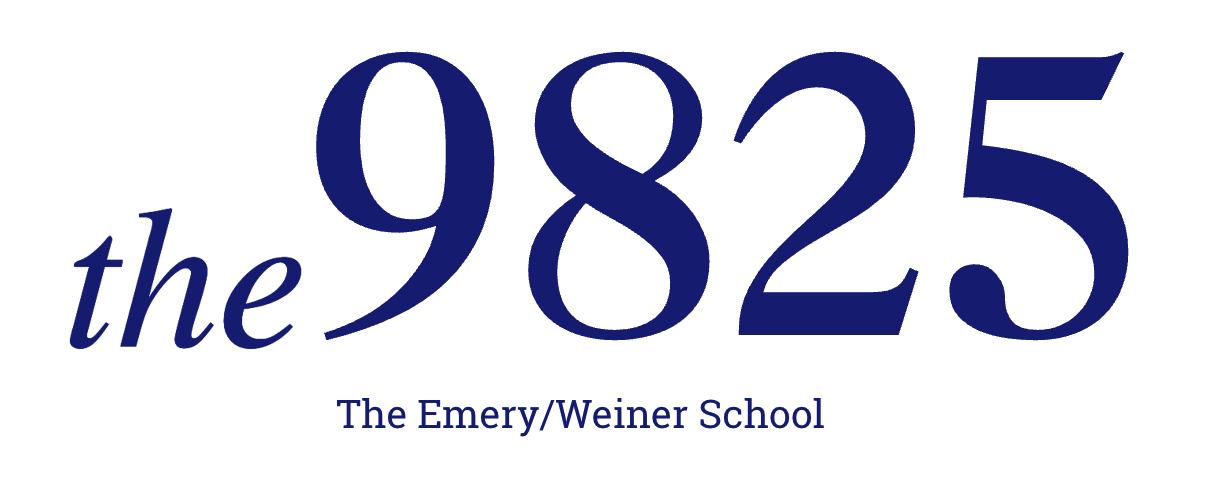Challenges of Chat GPT

March 31, 2023
Chat GPT is a state-of-the-art language model developed by OpenAI. It’s a highly advanced artificial intelligence system that has been trained on a diverse range of text data and is capable of generating human-like responses to various types of prompts. Chat GPT has the ability to understand and respond to a wide range of topics and can perform various language-related tasks, such as text completion, question answering, and conversation. It’s a remarkable example of cutting-edge research and development in the field of natural language processing and has the potential to be used in a wide range of applications, including customer service, content creation, and more.
Now, what if I told you that Chat GPT itself had written that last paragraph? Since its release in late November, with fast-increasing viewership, Chat GPT now averages 13 million users per day, taking the world by storm. Chat GPT can mimic human speech patterns and respond to unique prompts on topics from coding to writing a haiku, captivating technology users around the world. Yet, this vast fascination with technology has stimulated mass controversy.
Chat GPT is developed and owned by OpenAI, a leading artificial intelligence research laboratory founded in 2015 by a group of tech luminaries, including Elon Musk, to promote and develop friendly AI responsibly. Since then, OpenAI has become one of the most influential AI organizations in the world.
OpenAI released Chat GPT as a beta version that is currently free for use. As stated in its mission statement, OpenAI plans to use the information gained during these opening months to come back more efficient and well-informed than ever before the end of 2023. According to Caden Warren, Emery sophomore and tech-buff, even though Chat GPT is currently free to its users, “each conversation costs OpenAI around 2 cents at the moment, which they have invested in for the beta version, but as it continues to gain knowledge and information, people will have to pay for it.” OpenAI released a statement asserting that they will release the new Chat GPT for purchase. However, as a non-profit, they will still be dedicated to keeping it affordable.
The current accessibility of Chat GPT has also raised many concerns in relation to plagiarism. Chat GPT generates original work based on hundreds of thousands of databases by combining countless works together in response to every prompt given. The main issue results from the inability to regulate what people will use this work for, especially because it is currently free to use.
Before conversing with Chat GPT, the only prerequisite to making an account is putting in an email address. While AI detector technologies exist, they have yet to adapt to the advanced level of speech generated by the technology. Suppose people are able to enter advanced questions into the AI chat and receive an original response back free of charge. In that case, nothing is stopping students from submitting work made by a computer rather than themselves.
In an experiment conducted by The Young Perspective, a student-run podcast led by Emery Juniors, Ethan Canfield and Josh Danziger, History teacher Cara Bendayan evaluated a Chat GPT-generated essay that responded to the same long essay question given to US History Advanced students for their midterm. After feeding in a prompt given to US History Advanced students into Chat GPT, Ms. Bendayan graded the exam on context, thesis, causal link, evidence, and explanation criteria. In accordance with College Board rubrics, the essay received 15/20 points or a B grade. While this standard of work took several attempts and thorough input of requirements from Danziger and Canfield, the fact that the computer was able to produce results congruent with the class average is both riveting and unsettling.
However, the number of attempts to receive the ultimate quality of work is notable. It indicates that quality depends on the prompt input’s specificity and that human editing is necessary to fulfill all expectations. What is disturbing about the AI-generated history essay is that it shows how when students have access to the internet, they can utilize technology that, according to Caden Warren, “will do the thinking for you.”
To combat plagiarism committed with Chat GPT, schools like EWS can start by educating students on the dangers of plagiarism and the consequences of using AI models to produce academic work. Additionally, schools can use plagiarism detection software to identify work generated by AI models and flag it for review, which will improve as the issue becomes more common. Another approach is to incorporate writing assignments less suitable for automation, such as essays that require original thinking and analysis, and projects that involve creating something new that cannot be found in the databases. It will be interesting to see if Emery or other schools develop policies to deal with Chat GPT-specific instances of plagiarism and if Chat GPT will continue its rise to popularity, especially if OpenAi begins charging for it. By taking a comprehensive approach and working together, Emery can help reduce the prevalence of plagiarism using AI.
In the eyes of sophomore Grey Warren, just as how Google’s creation incited controversy years ago, AI is doing the same because it’s “new and different.” Nevertheless, since in today’s world, “any information you want is at your fingertips,” he predicts that AI technology is just “the next big evolution in technology where 30 years from now, it will just be commonplace as what you can use. Today is just the transition period to get there.”

Jeremy • Apr 20, 2023 at 5:30 pm
Interesting topic!